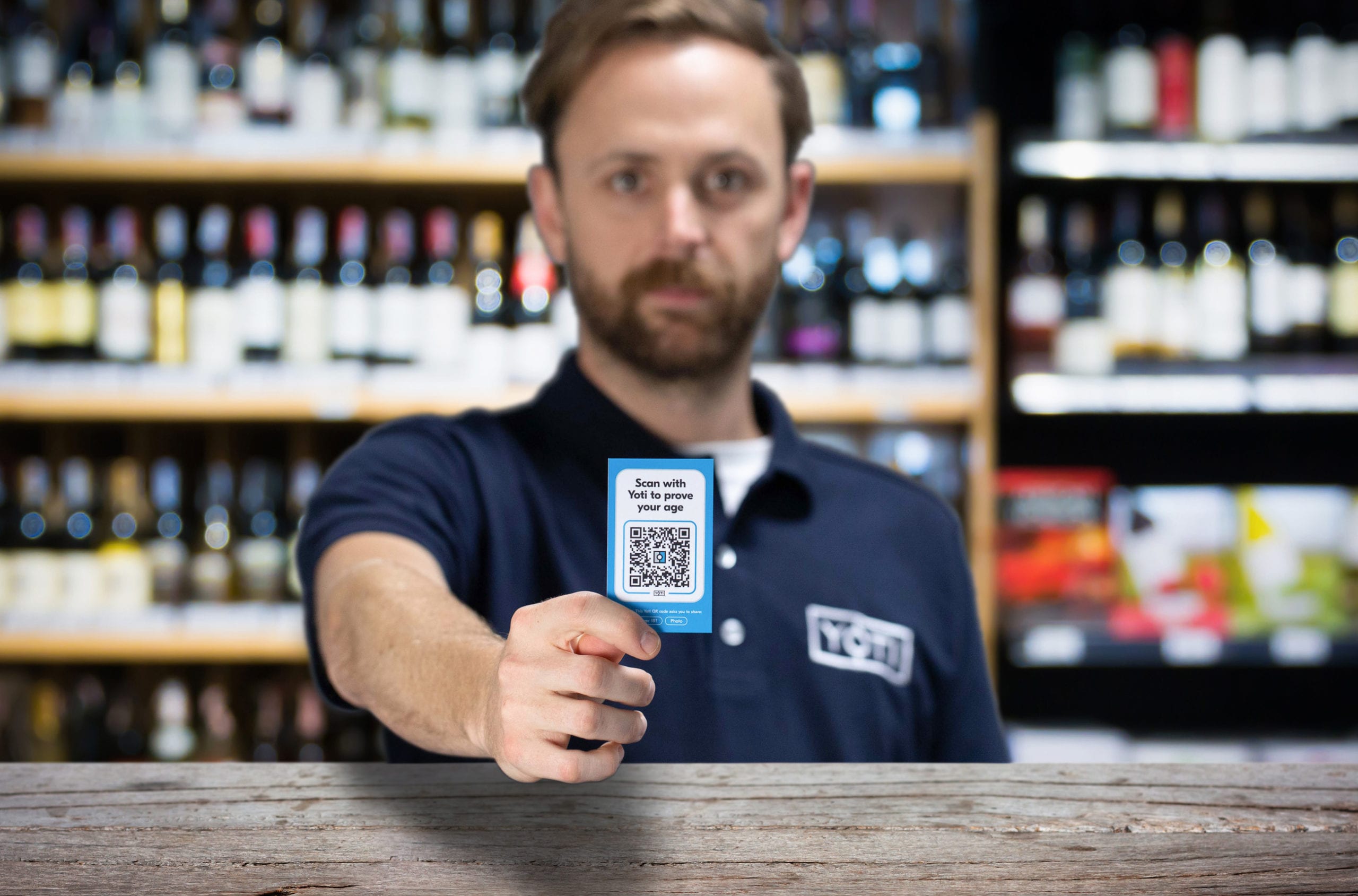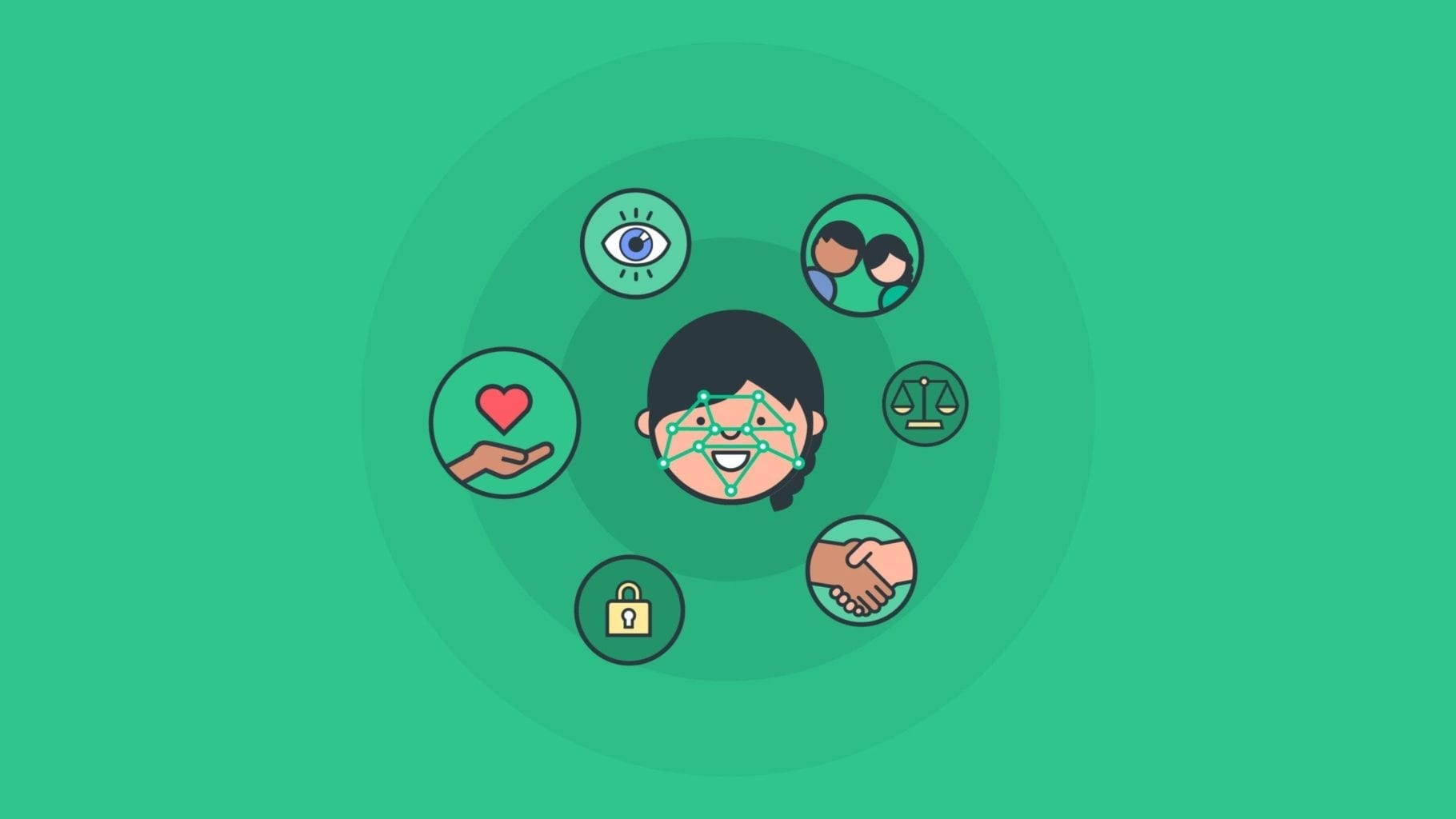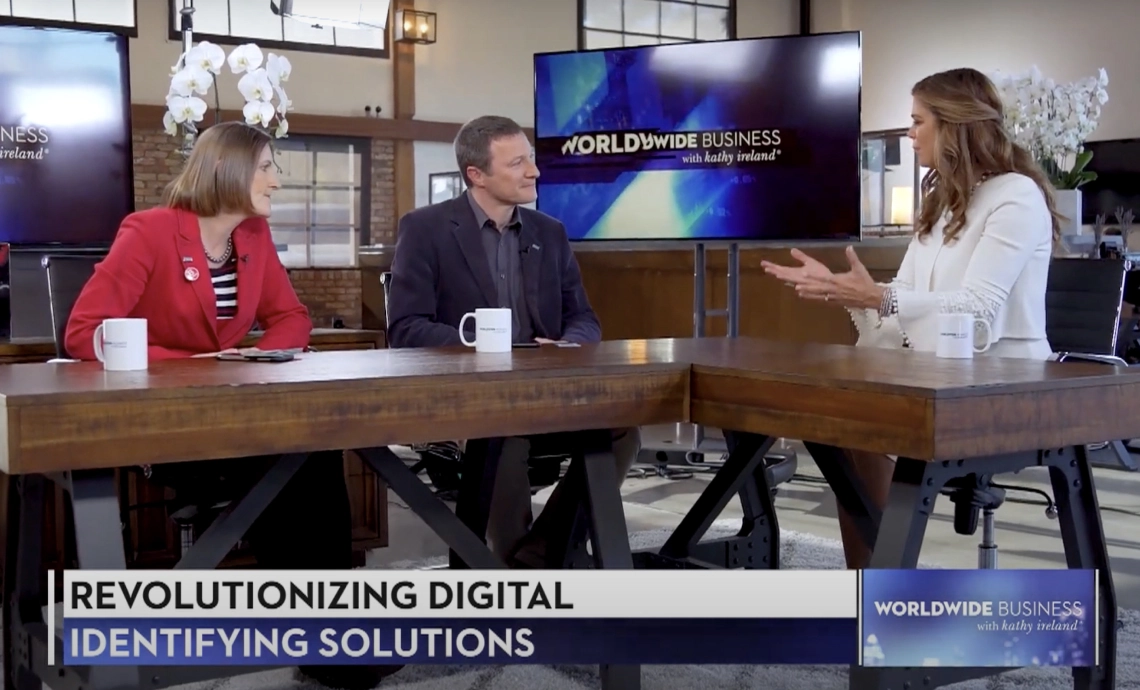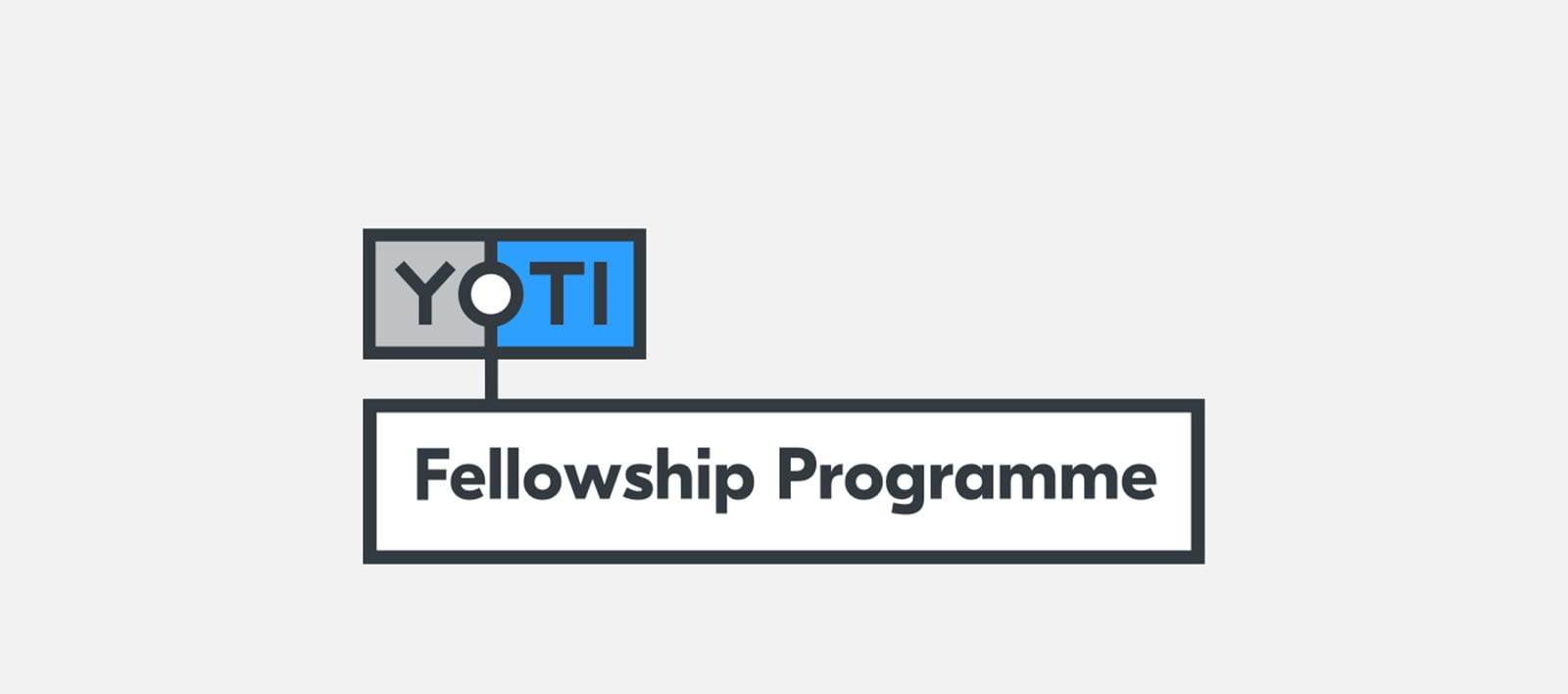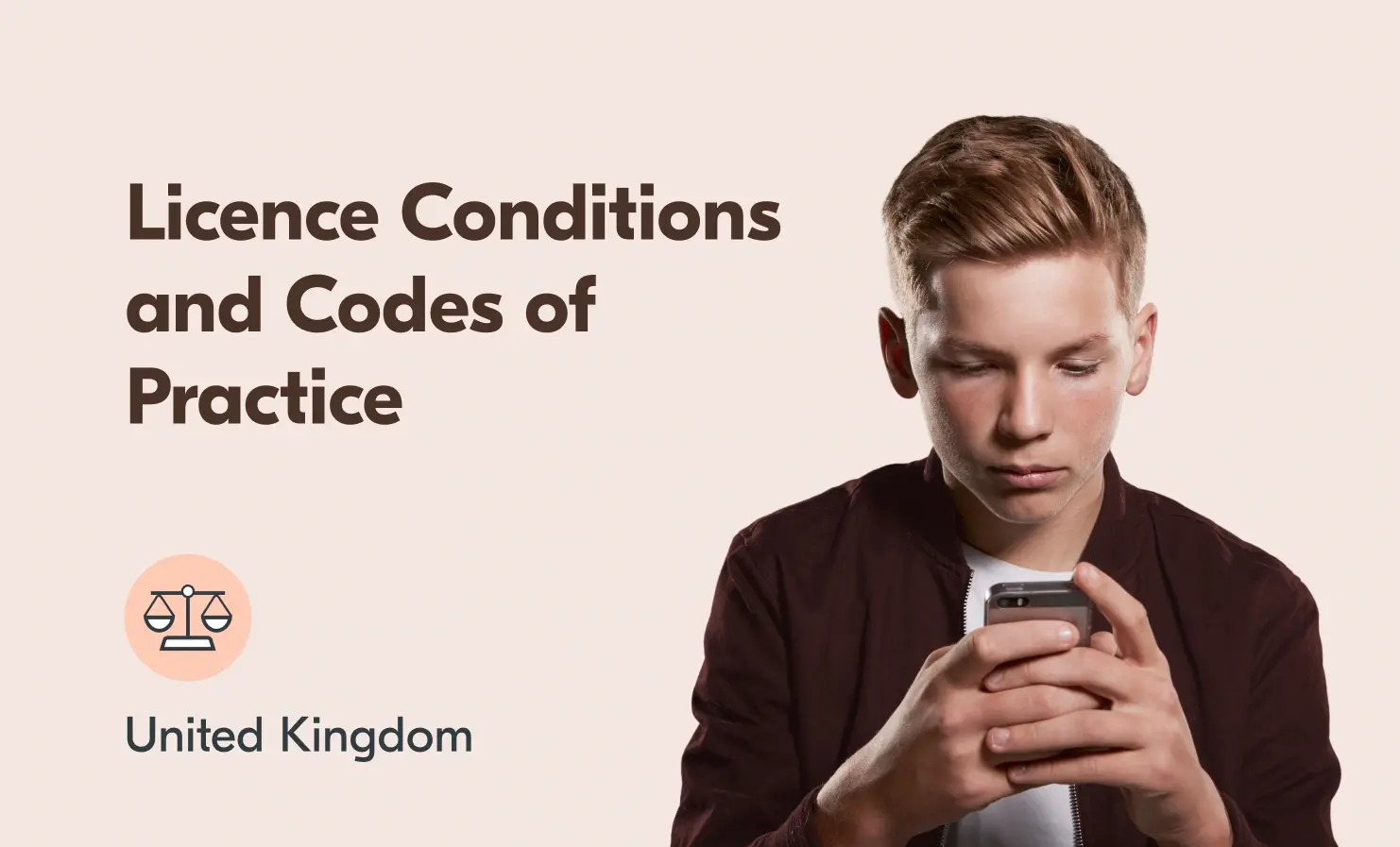Articles
The Ticket Bank: putting trust and purpose back into the ticketing industry
For most of us, access to live music, theatre performances and other events can often be taken for granted. But sadly this is not the case for many others. Financial constraints, care commitments and social exclusion are just some of the barriers that can prohibit people from going out and enjoying the things they love, like music events and the theatre. Introducing The Ticket Bank The Ticket Bank is an online donation platform that allows event organisers to pledge spare tickets to the website, which are then distributed to disadvantaged and marginalised individuals free of charge. By using
Digital ID in the UK: convenience stores, Post Offices and more
Did you know you can use Yoti as ID in thousands of convenience stores in the UK? Well, even better news – you can now use your digital ID as proof of age in all Payzone stores and for parcel collection at your local Post Office. That’s over 31,000 locations where you can use a digital ID in the UK. Wherever you see this trust mark, you can use either your Yoti or Post Office EasyID to prove who you are. They’re two different apps but both work in exactly the same way. Check out
Yoti supports the seven ethical principles for biometrics
We believe that our technology should keep people safe and work for everyone equally. So, we support the seven ethical principles for biometrics, released by the Biometrics Institute. These principles enable anyone working in the biometrics industry to show they’re committed to addressing ethical issues raised by new technology – biometrics in particular. Here are the seven principles. Ethical behaviour The first principle states that companies must act ethically even beyond the requirements of law. Ethical behaviour means avoiding actions which harm people and their environment. We’re proud to be one of the UK’s founding B Corps, which
Yoti features on Worldwide Business with Kathy Ireland
Our CEO Robin and Director of Regulatory and Policy Julie had the pleasure of speaking to entrepreneur and CEO Kathy Ireland on her Worldwide Business show. They discussed the challenges we aim to solve, how Yoti can help protect children online and why digital identities will be integral to a safer future for businesses and individuals. You can read the interview below or watch the full interview here. Kathy: Julie how is Yoti solving these problems [of data breaches, fraud and identity theft]? Julie: Day in, day out we are asked to prove our age or identity – this could
Announcing the Yoti Fellowship Programme
We are excited to announce the launch of the Yoti Fellowship Programme, one of the signature activities from our new Social Impact Strategy. From today we will be inviting applications from individuals interested in helping unlock the potential of digital identities with a particular focus on local, grassroots issues. In return, Fellows will be offered generous financial and logistical support, expenses and a chance to have their findings shared with the wider world. See our Head of Social Impact Ken Banks chatting about the Fellowship Programme here. Yoti Fellows: Filling the knowledge deficit The majority of the digital
New regulations to tackle underage online gambling
Last year, a Gambling Commission audit found that an astounding 55,000 British children aged 11-16 year olds were classed as problem gamblers. The results also revealed that up to 450,000 11-16 year olds gambled on a regular basis. While the problem exists across offline and online gambling, the growing nature of the online sector makes it imperative for there to be more safeguards in place. As of 2018, The UK Gambling Commission (UKGC) reported that the market’s revenue hit £14.4 billion, of which £5.3 billion came from online gambling. When it comes to identity and age verification for gambling customers,


